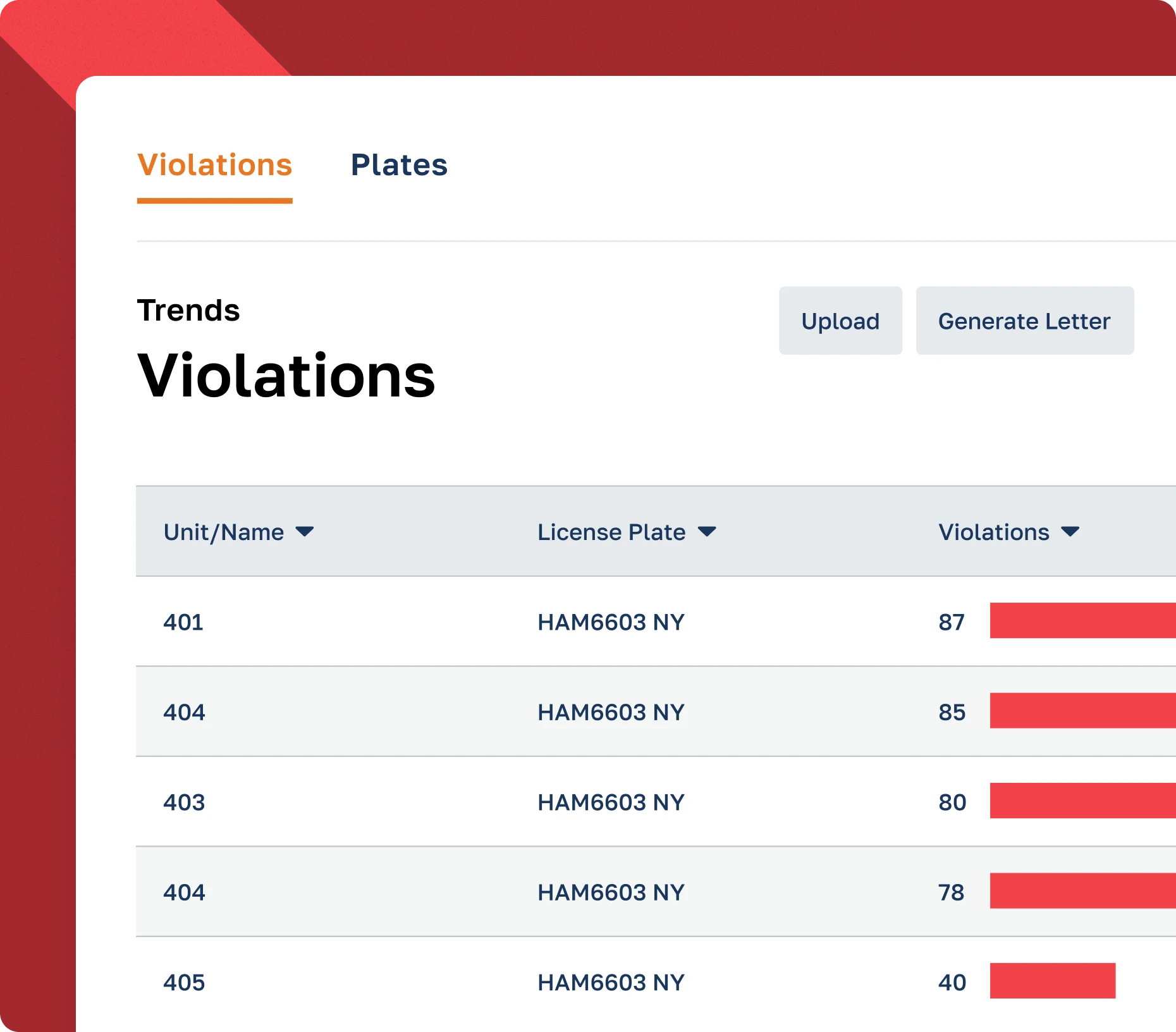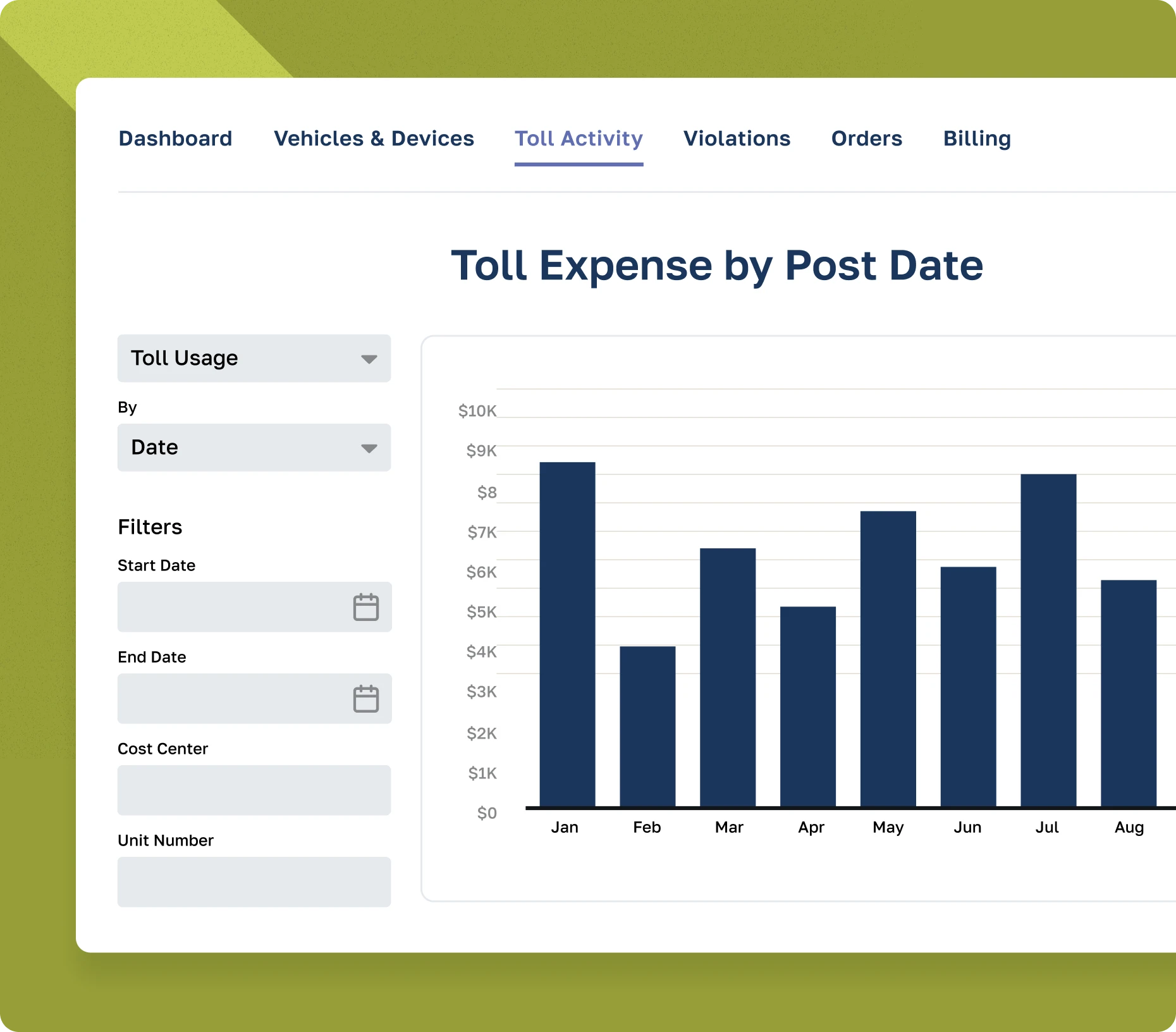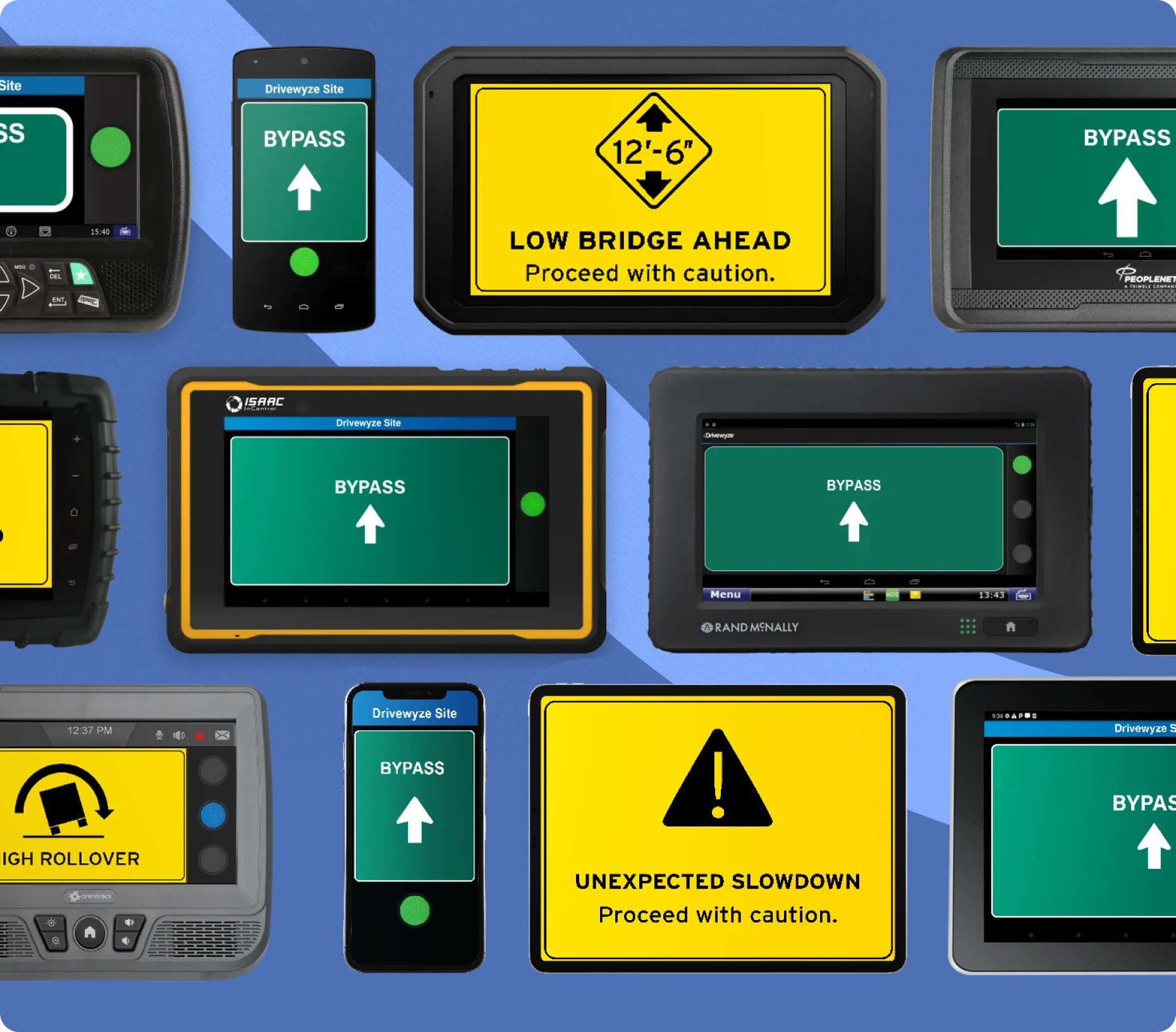Bestpass-Fleetworthy Solutions Announces Rebrand, Changes Name to Fleetworthy
What Is Fleet Compliance Management?

Fleet compliance management is the ongoing process of ensuring that drivers, vehicles, and operations follow Department of Transportation (DOT), Federal Motor Carrier Safety Administration (FMCSA), and state-level regulations. Instead of viewing compliance as a one-time task, fleet compliance management is a continuous program that combines policies, technology, training and audits to keep fleets safe and legal.
Effective fleet compliance management includes maintaining driver qualification files, monitoring electronic logging device (ELD) data for Hours of Service (HOS) compliance, scheduling vehicle inspections and managing drug and alcohol testing programs. Many fleets use compliance management software to automate reminders and reporting, while others rely on consulting services for audits and policy development.
The goal of compliance management is to reduce risk, prevent violations, improve CSA scores and ensure fleets remain audit-ready at all times. For businesses, this translates into safer operations, fewer fines, and lower insurance premiums.
What Is Fleet Compliance Management and Why Is It Essential?
For transportation companies, compliance isn’t optional — it’s a core part of daily operations. Fleet compliance management is the structured process of monitoring and enforcing compliance with DOT, FMCSA, OSHA, and EPA regulations across drivers, vehicles, and company policies.
Unlike one-time audits, compliance management is an ongoing system designed to keep fleets safe, efficient, and legally operating.
Key Elements of Fleet Compliance Management
-
Driver Compliance
-
Maintaining up-to-date driver qualification files (DQFs).
-
Monitoring CDLs, medical exams, and endorsements.
-
Conducting pre-employment screenings, background checks, and random drug and alcohol testing.
-
-
Vehicle Compliance
-
Tracking preventive maintenance and repair schedules.
-
Documenting DOT-required inspections.
-
Ensuring vehicles meet federal and state safety standards.
-
-
Hours of Service (HOS) & ELD Monitoring
-
Collecting and reviewing data from electronic logging devices (ELDs).
-
Identifying HOS violations before they become fines.
-
Training drivers to properly use ELDs.
-
-
Safety & Training Programs
-
Conducting regular driver training on safety and compliance rules.
-
Maintaining accident records and corrective action plans.
-
Building a safety-first culture across the organization.
-
-
Audits & Reporting
-
Performing internal audits to stay ready for FMCSA inspections.
-
Using software dashboards to track compliance performance.
-
Keeping digital records organized for fast retrieval.
-
Why Fleet Compliance Management Matters
-
Legal Protection: DOT and FMCSA violations can cost thousands of dollars per incident and threaten operating authority.
-
Operational Continuity: Proper compliance prevents vehicles from being placed out of service during roadside inspections.
-
Improved CSA Scores: Better compliance reduces CSA violations, often lowering insurance premiums.
-
Reputation & Customer Trust: Shippers prefer carriers with strong safety and compliance records.
Tools for Fleet Compliance Management
-
Compliance Software: Automates reminders for license renewals, inspections, and reporting deadlines. Provides dashboards for real-time compliance monitoring.
-
Consulting & Services: Experts conduct mock audits, develop policies, and provide ongoing compliance training.
-
Hybrid Approach: Many fleets combine software with consulting for both automation and hands-on expertise.
Common Challenges in Compliance Management
-
Disorganized Records — Paper files can be lost or incomplete.
-
Changing Regulations — DOT and FMCSA rules evolve, requiring constant updates.
-
Driver Turnover — High turnover increases the risk of expired or incomplete DQFs.
-
Technology Integration — Not all ELDs or telematics systems connect easily with compliance platforms.
Proactive compliance management addresses these risks before they result in violations.
Best Practices for Fleet Compliance Management
-
Centralize Records — Keep all compliance data in one system.
-
Automate Alerts — Use software to prevent missed renewals or inspections.
-
Train Continuously — Provide ongoing driver and manager training on compliance rules.
-
Conduct Mock Audits — Regularly test compliance readiness with internal or consultant-led audits.
-
Review CSA Scores — Monitor safety performance and address issues before they escalate.
Who Benefits Most from Compliance Management?
-
Small Fleets — Gain structure and organization without a full compliance department.
-
Growing Fleets — Scale compliance processes as operations expand.
-
Enterprise Carriers — Standardize compliance programs across multiple terminals or states.
-
Specialized Fleets — Construction, utility, and hazardous material fleets with unique compliance challenges.
Fleet compliance management is not a one-time project, it’s an ongoing strategy that safeguards your business from fines, downtime and reputational harm. By combining software automation, expert consulting and internal policies, fleets can stay audit-ready, improve safety and run more efficiently.
For companies of all sizes, investing in fleet compliance management isn’t just about meeting regulations, it’s about protecting drivers, customers and the long-term success of the business.
Need a Little More Info?

CPSuite Safety & Compliance
Fleetworthy’s legacy solution, CPSuite, allows fleets to track and manage vehicle compliance requirements effortlessly, as well as ensure drivers meet all safety and compliance standards.
With CPSuite, your fleet can easily navigate any challenges in the road ahead.

Bestpass Toll Management
Bestpass provides the leading toll management technology, allowing customers to hit the road with a single monthly statement, on-demand reporting with advanced analytics, and dedicated customer support.
With coverage for 100 percent of major U.S. toll roads, Bestpass gives you the most opportunity to save time and money.

Drivewyze Weigh Station Bypass
Drivewyze is North America’s top weigh station bypass provider, with 900+ locations and counting.
With Drivewyze by Fleetworthy, your fleet can access proactive in-cab safety alerts, skip weigh stations, and make better time.
Ready to Get Started?
The Complete Technology Suite
Looking for Even More?
Unsure What You Need?
Talk to one of our Experts today, and let us help you figure it out.
